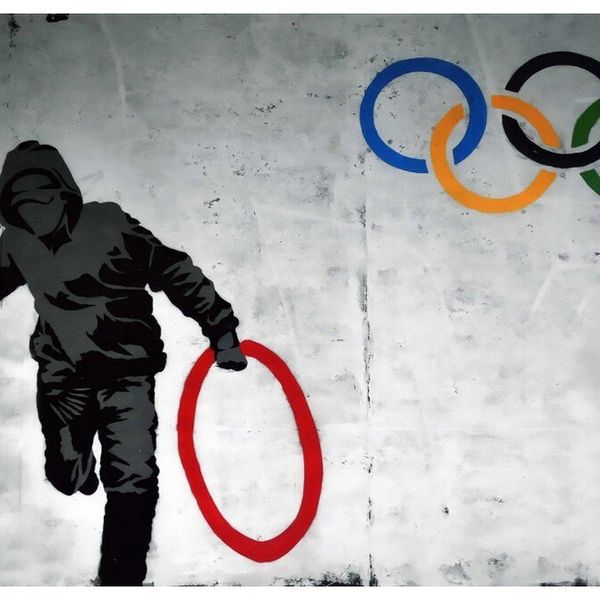As the temperature cools in Rio de Janeiro, anticipation for the 2016 Summer Olympics is heating up. More than 10,000 athletes representing 206 countries will be competing in Brazil’s second largest city from August 5th to August 21st. Not only is it one of the most exciting events of the year, it is also the first time a South American country has hosted the Olympics. Many problems have plagued Rio as the city scrambles to finish preparations for the big day.
Doping has been a major problem in this year’s Olympics. Russia has been the face of many a doping scandal. An investigation in November 2015 found that there had been a state-sponsored cover-up of doping among its athletes. As a result, the International Olympic Committee banned Russian track and field athletes from competing in Rio.
Rio's own doping laboratory has been suspended by the World Anti-Doping Agency because of procedural errors. This was the second time that the Rio lab had been suspended; in the 2014 Sochi Olympics the lab had to send athletes’ blood and urine samples to a lab in Switzerland, costing the city an additional $250,000.
Additionally, some athletes have chosen to skip the summer games because of concerns over the recent Zika virus epidemic. Golfers Marc Leishman and Charl Schwartzel and cyclist Tejay van Garderen have decided that they will be skipping the Rio Olympics. Even though the World Health Organization has said the chance of athletes getting infected by the Zika virus is very low, countries such as South Korea have announced that they will have their athletes wear long sleeved shirts and pants infused with insect repellent.
The general state of Rio is not boding well for prospective Olympic attendees. Homicides and street robberies have increased this year. The city is experiencing its worst recession since the 1930s partially due to decreasing oil prices. The construction of the Olympic venues is extremely over budget, $13.2 billion, and very far behind schedule for the August 5th opening. Rio’s waterways for swimming and boating events are contaminated with human feces and other pollutants. And on top of that, ticket sales are troublingly low; only 4 million of the 6 million tickets available have been sold.
All in all, Rio de Janeiro is facing many dangerous crises that could make or break the summer Olympics this year. If Rio disappoints its international audience, they might ruin the chance of another South American country ever winning the bid for the Olympics again.





















